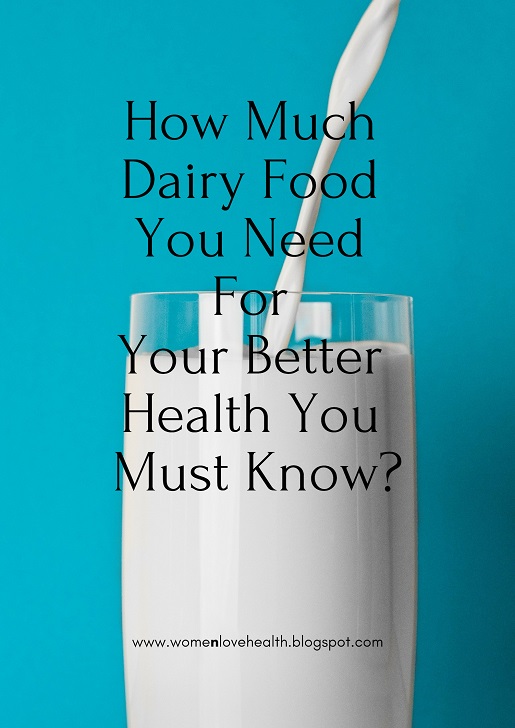 |
| Take Care Of Your Skin In Winter |
KEEP SHOWER SHORT
Try to keep your shower time short so the water doesn’t break down the proteins in your skin which help to retain skin’s moisture.
Limit you bathing time in the shower. Hot water can dry skin out further, since it melts skin's natural oils. Use lukewarm water, which will clean skin but keep moisture locked in. Use lukewarm water and a mild cleanser. Gently pat the skin dry. Use soft towel.
USE MOISTURIZER
Use good quality moisturizer on your skin after shower. After shower use moisturizer immediately otherwise skin can get dry fast. The moisture on the skin should be preserves so that you don't get rough skin. It is found that oil based ointments and creams tend to be more effective than lotions.USE GOOD SKIN CARE PRODUCTS
Read carefully on the label of the skin care products. If it feel right for you then only use it otherwise search for good one. Wrongly selected product may be bad for your soft skin and irritates it. Deodorant soaps or alcohol based products can harm your skin.USE HUMIDIFIER
You can use humidifier at your home to increase the moisture level of the air. By doing this your skin's moisture remain as it is while you are inside your home.Humidifiers get more moisture in the air, which helps prevent your skin from drying out.
WEAR SOFT FABRIC CLOTHES
If your skin is dry then clothes made of wool and others can make you feel irritating. So choose soft and breathable fabric clothes or wear silk or cotton fabric below the clothes.Also, the detergent you used for washing should be hypoallergenic.
USE HAND SANITIZERS
If you need to hand wash frequently use hand sanitizers. Frequent hand washing with soap bar or liquid soap can dry up your skin due to chemicals inside soap. Traditional soaps can dry your skin.USE HAND CREAM
Apply good quality hand cream or petroleum jelly after every hand wash. Protect your hands from water, use waterproof gloves. By doing this you can protect your skin from dryness.DRINK PLENTY OF WATER
Your body needs to remain hydrated all the time. Drink plenty of water every day. Try to drink 7 to 8 glass of water daily. It makes your skin hydrated and avoid dryness.Dry skin also can be caused by health problems, such as diabetes or kidney disease. Using too much soap, antiperspirant, or perfume and taking hot baths can make dry skin worse. Use good quality of moisturizers or lotions on your skin.
















